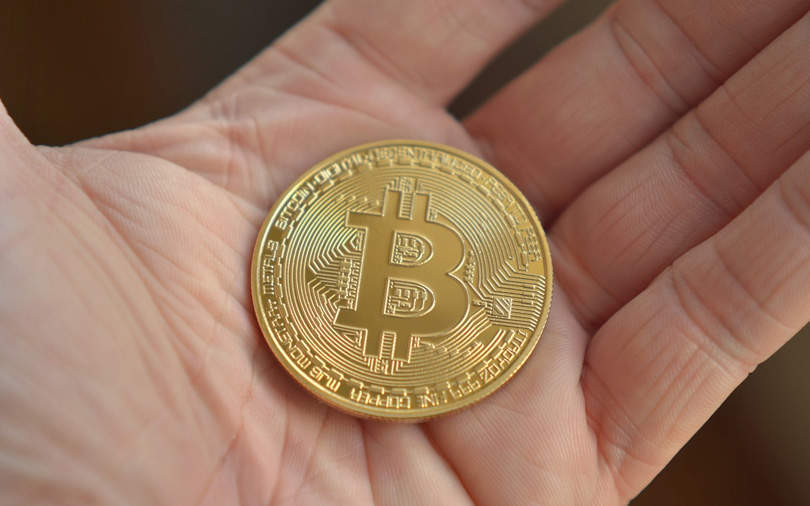
Govt panel recommends ban on cryptocurrencies, promotes issuance of digital rupee


A government committee has recommended a law banning cryptocurrencies in India, which will criminalise any activity related to the same, including mining, generating, holding, selling, dealing, transfer or dispose of cryptocurrencies.
The inter-ministerial committee, formed in 2017, to examine policy and legal framework for regulation of virtual currencies submitted an outline of ‘Banning of cryptocurrency and regulation of official digital currency bill, 2019’ as part of the report.
The committee was chaired by Subhash Garg, secretary of the department of economic affairs.

“The committee recommends that all exchanges, people, traders and other financial system participants should be prohibited from dealing with cryptocurrencies,” the report said.
A formal policy framework will bring much-needed clarity to the virtual currency ecosystem in India that has seen multiple cryptocurrency exchanges shutting shop over the last year.
Recently, Cryptokart and Mumbai-based Koinex shut shop.

After the RBI directive in April 2018 prohibiting banks, non-bank lenders and digital wallets from dealing with virtual currency exchanges, the business of most of the virtual currency exchanges took a hit.
In April, Bengaluru-based Unocoin halved its staff while Zebpay, a virtual coin exchange platform, shut shop in September 2018.
The outline of the bill proposed by the committee does not apply to the use of distributed ledger technology (DLT) for financial and other services. It recommends that DLT can be looked into by RBI for building a strong payment infrastructure, especially with respect to cross-border payments.

The report also said that blockchain-based systems may be considered for building secure know your customer systems, for use of DLT in land records management, and can be considered by markets regulator SEBI for IPOs and FPOs instead of an issuance-based system.
The report also said that the central bank can choose to approve digital rupee to be legal tender, and can choose to recognise any foreign digital currency in India through notifications.
